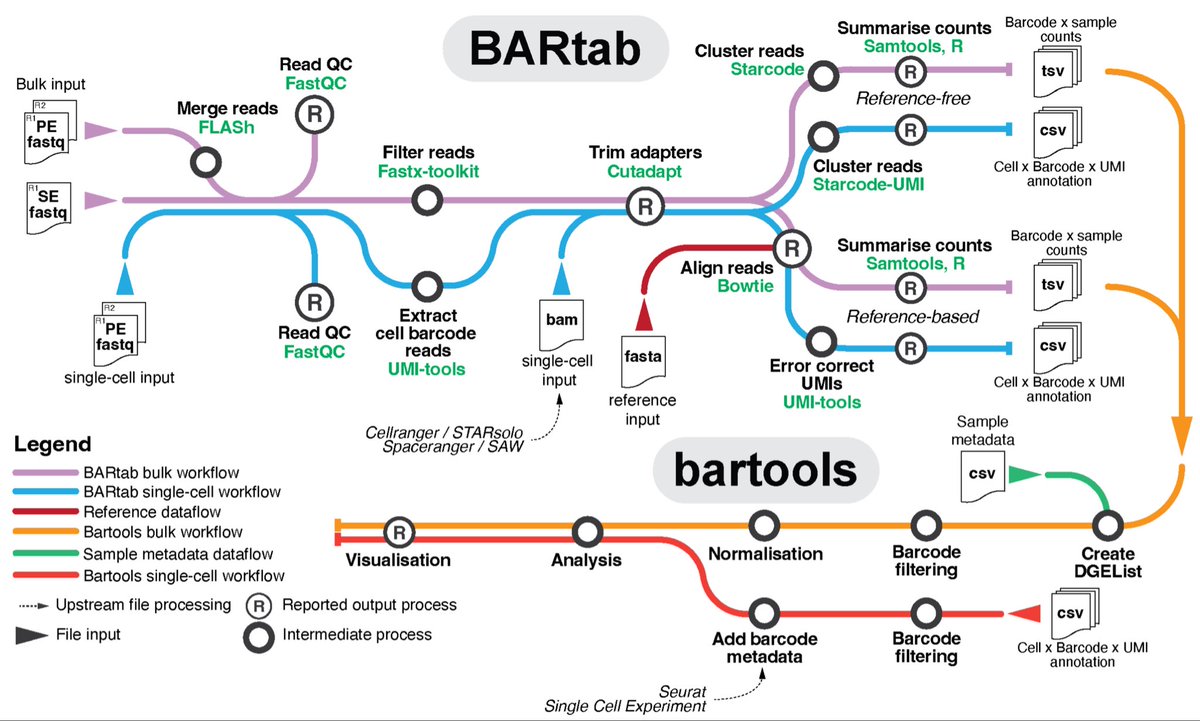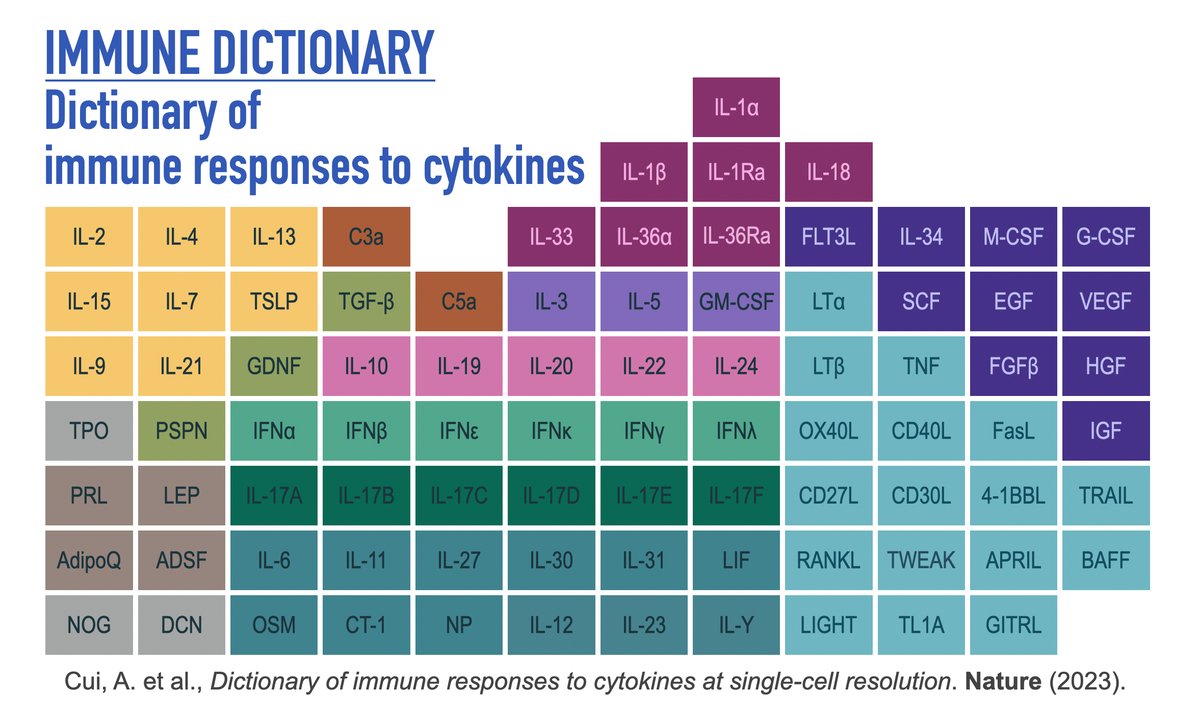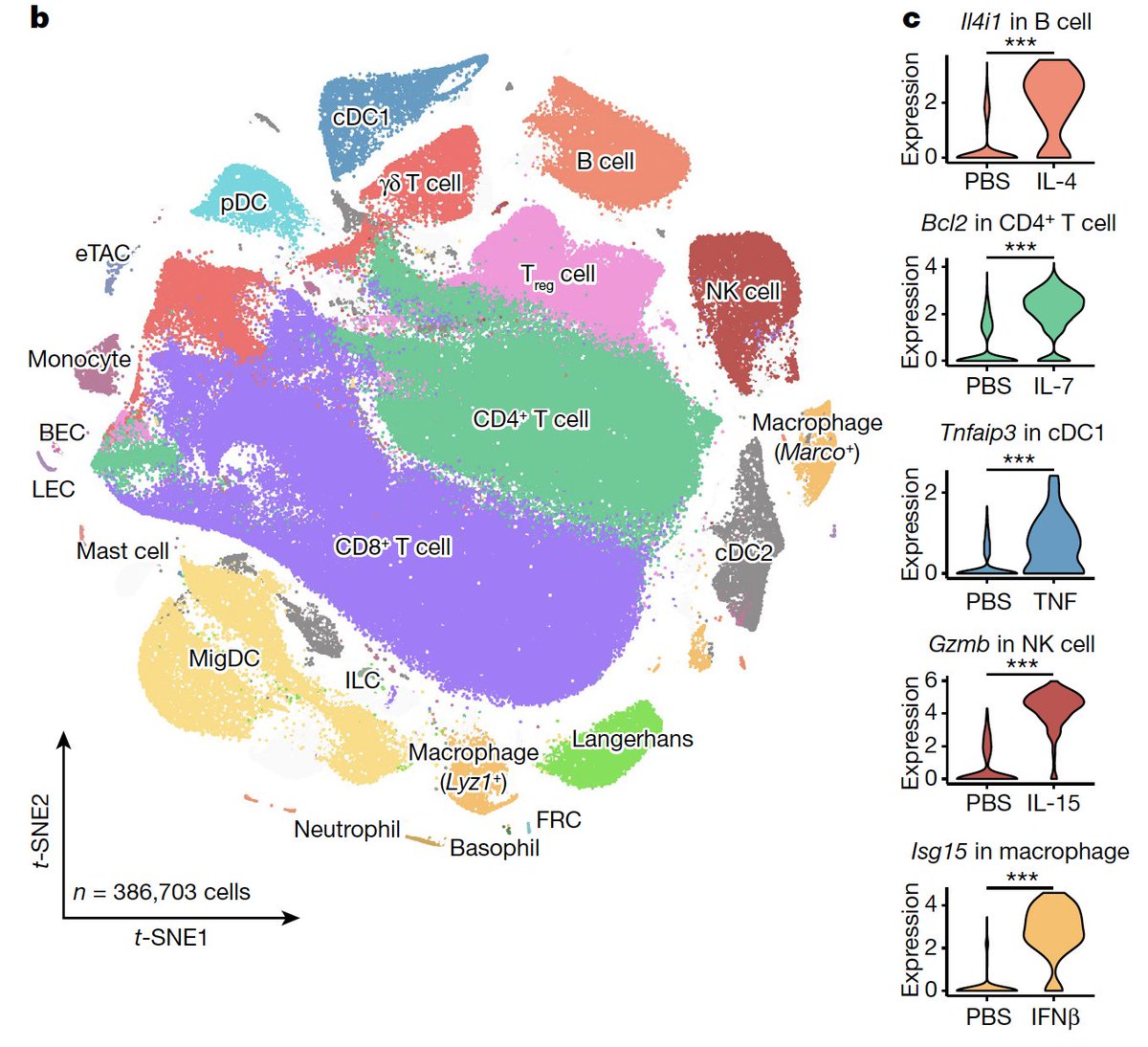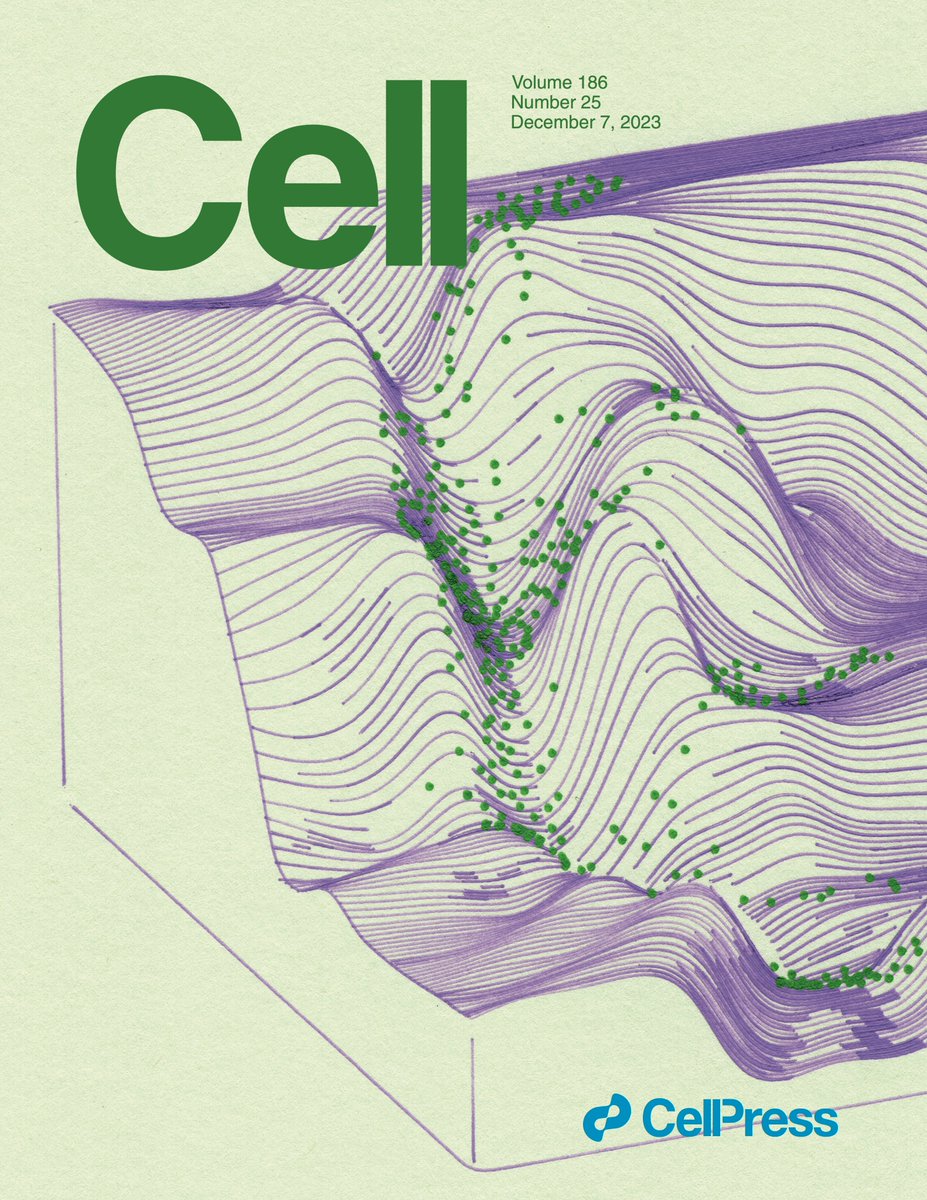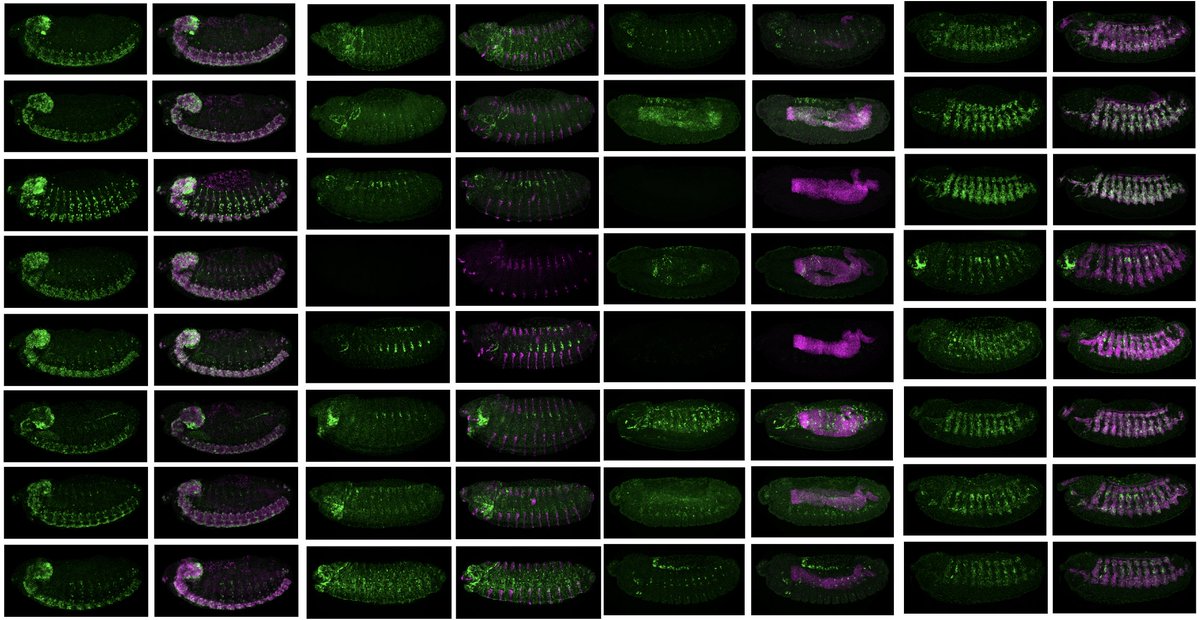
PeterK
@kharchenkolab
Computational biologist. PI at Altos Labs. Formerly from the wonderful DBMI at the Harvard Medical School. Expressed thoughts and opinions are my own.
ID: 921003915621163010
http://pklab.org 19-10-2017 13:23:39
876 Tweet
4,4K Followers
39 Following


Excited that veloVI is out Nature Methods! Led by Adam Gayoso & Philipp Weiler w awesome Yosef Lab, we combine deep generative modeling with a mechanistic single-cell transcriptional model for better RNA velocity analysis with uncertainty quantification. nature.com/articles/s4159…


Human brain atlas papers by Kimberly Siletti Alejandro Mossi Kawai Ernest Arenas Emelie Braun Miri Danan Gotthold Rebecca Hodge Trygve Bakken Ed Lein Lars Borm Elin Vinsland Erik Sundström and many others. With a stunning double cover illustration by Ivana Kapustová





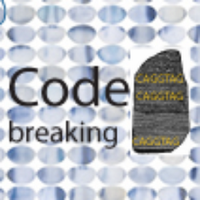

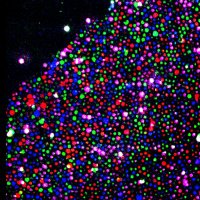

Our latest collaboration on metastatic renal cell carcinoma to the bone is published Genome Medicine. the bone metastatic environment is not well-defined, hindering progress towards therapeutic targets. Our group developed a unique translational research model. Congrats to our




New preprint 🎉 led by Philipp Rentzsch 👇! We introduce an approach to prioritize biological driver genes by recalibrating differential expression fold changes with population variance. This extracts new meaning out of DE analysis, which is a cornerstone of computational biology!



Happy to see our work with Jimmie Ye's lab on coordinated variation of different cell types in healthy and diseased individuals published! At the core of it is the scITD tool for tensor decomposition, rotation and interpretation strategy. Great effort by Jonathan Mitchel et al.!

Our pre-print with Igor Adameyko on continuous spectra of progenitor fates during mammalian development. Using multiplexed clonal tracing, mosaic perturbations, and robust computational representations, we look at spatial and temporal modulation of cell fates in mouse embryos.

As part of our embryo clonal tracing and perturbation efforts with Igor Adameyko, a quick twittorial from Sergey on generating stable and informative representations of clonal fate variations from sparse and noisy barcode-based lineage tracing data.
